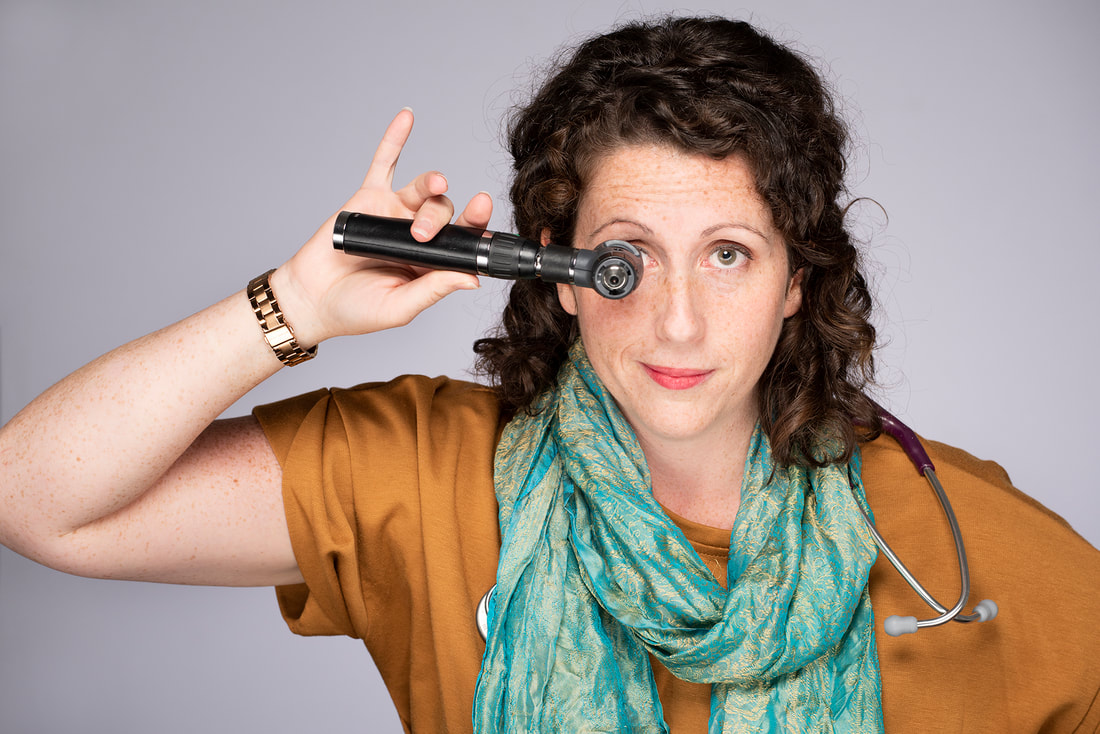|
Feeling exhausted, overwhelmed, low or irritable? Not feeling like yourself? You’re not alone. Burnout is the new epidemic. Social media is full of articles describing different kinds of burnout in different ages and stages of life. Article upon article retells the same theme: how the thirty-something can’t send the piece of mail that’s been sitting on his kitchen table for 3 months, how the working mom-of-three can’t bother to cook home meals for herself, how the CEO has been making irrational decisions that puts the company at risk. The solution touted by wellness experts is to do more yoga and meditation, to practice self-care, to ask for help, to take more vacation time. While I advocate these techniques for my patients all the time, unfortunately, they’re just that: techniques. These tactics often fall by the wayside when huge work project deadlines are looming, or when the kids need to get from school to activities, or when an aging parent needs extra care. Our medical and social support systems need to recognize burnout from all facets. There are physical, mental, emotional and economic aspects to burnout. Until things change in our corporate and family lives, until we have flexible work schedules and don’t feel enslaved by our smartphones; until we don’t feel obligated to respond to emails at all hours of the day and night, until we have enough reasonable, affordable child care, or can afford to spend time with our children, and until we feel not only like we have a safety net, but enough support, all we can do is help ourselves manage the damaging effects. Health care providers like myself can offer help to get you through and repair the systems damaged by stress until some room is made in your life for true rest and healing. Here is how stress and burnout affect your hormones and what you can do about it. Stress and burnout rob you of energy There are a few mechanisms by which this phenomenon occurs. First, stress blocks thyroid function at two different levels: at both the level of the brain and the thyroid, which leaves you feeling cold, tired, depressed, and overweight, among other things. Second, chronic stress and burnout means a lowered Cortisol Awakening Response, which is how your stress hormones rise in the morning to help wake you up. If you can’t drag yourself out of bed in the morning, that’s chronic stress and burnout at work! Stress and burnout throw your hormones off balance Horrible pre-menstrual symptoms, from anxiety and depression to bloating, swelling, cramps and cravings, are zero fun. I’ve seen stress disrupt the delicate balance between estrogen and progesterone—a phenomenon called Estrogen Dominance which is responsible for unpleasant symptoms such as mood swings, headaches, and breast tenderness. Stress also makes the transition into menopause a much bumpier ride; hot flashes, mood issues, and dryness tend to be much worse when you’ve been stressed for a long time. If you want to see the effect that stress has on your hormones, take note of your cycle 3 months after an extremely stressful period. Since hormone receptors take about 3 months to respond to hormonal fluctuations, your period can be heavier, lighter, or even absent 3 months after a stressor. Stress and burnout ruin your sleep Most of my patients struggle with their sleep in some way. Some can’t fall asleep, some can’t stay asleep, and the poor unlucky ones have trouble on both sides. Chronic stress disrupts your stress hormone, cortisol, which has its own natural rhythm: it’s meant to rise in the morning to help get you out of bed and fall in the evening to helps you relax into sleep. When you’re burned out, your natural cortisol rhythm is reversed and you’re wide awake at night. If stress has robbed you of progesterone as mentioned above, you’re missing an important anti-anxiety, sleep-promoting metabolite that comes from this sex hormone. So, what’s the solution? Quitting your stressful job or ditching your toxic family members aren’t always feasible solutions but there is help anyway. Natural remedies from herbal medicines can help calm down and rebuild the body’s stress axis and reset hormonal rhythms to bring the whole system back into balance. Naturopathic Doctors work to help the body find it’s own natural rhythm again. I like to talk stress and hormones; I offer a short free chat about what can be done in the face of chronic stress, hormone health, and burnout. Visit https://calendly.com/drwebsternd/hormone-reset-assessment-call to see how you can take steps to combatting the effects of stress. About Hillary
1 Comment
|
Archives
January 2023
CategoriesAll Advice Affirmation Animal Teachings Anxiety Assessment Tool Astrology Boundaries Breath Ceremony Chanting Cleaning Coaching Cooking Creativity Dream Earth Eco Spirituality Eco-Spirituality Fatigue Fear Fertility And Pregnancy Grief Grounding Happiness Honouring Our Elders Hormones Intention Intentionality Limiting Beliefs Living Seasonally Love Mars Retrograde Meditation Mindfulness Nature Nutrition Overwhelm Palmistry Practice Feature Prayer Psychotherapy Radical Self Nourishment Recipe Recovery Reiki Renewal Self Betrayal Self Care Self-Care Self-Compassion Self-expression Self Love Self-Love Self-worth Shinrin-Yoku Sleep Sound Healing Sounding Stress Symbolism Tarot Tools And Techniques Transformation Vitamin N Workshop Yoga |
257 Danforth Ave Toronto |
Connect
|


 RSS Feed
RSS Feed